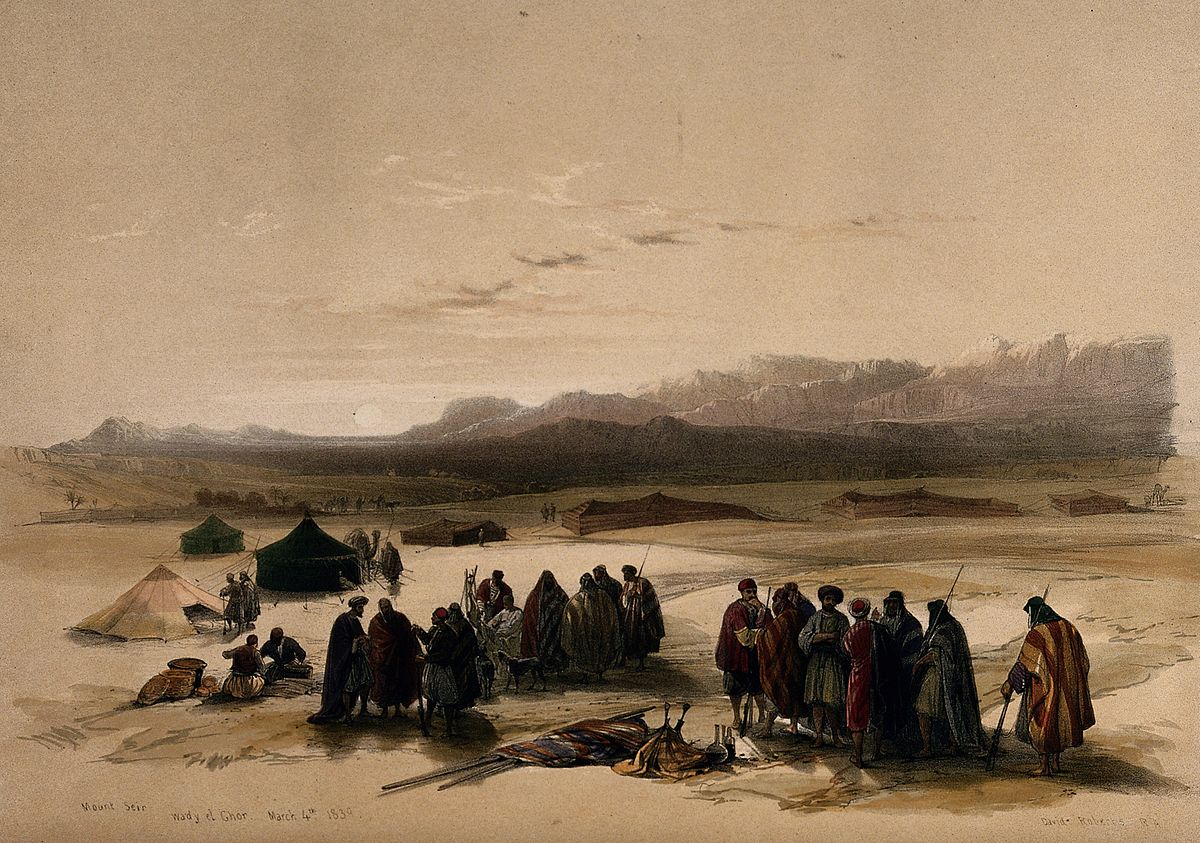The wilderness wanderings of the Israelites are among the most well-known stories of the Bible. After being liberated from slavery in Egypt, the Israelites spent 40 years wandering in the desert before finally reaching the Promised Land. During this time, they faced a wide range of challenges and trials, from hunger and thirst to enemy attacks and internal strife.
The journey through the wilderness was a test of the Israelites' faith and resilience. They were forced to rely on God for their survival, and they often struggled with doubt and despair. Yet, through it all, God remained faithful to his promise to lead them to a land flowing with milk and honey.
One of the most significant challenges the Israelites faced in the wilderness was the issue of sustenance. With no access to the crops and livestock they had relied on in Egypt, they were forced to rely on God's provision. This came in the form of manna, a type of bread that miraculously appeared on the ground each morning, and quail, which God provided for their meat.
Another challenge the Israelites faced was the issue of leadership. With no clear authority figure, the people often fell into disarray and conflict. This was exemplified by the story of Korah's rebellion, in which a group of men challenged Moses' leadership and were punished by God.
Despite these challenges, the Israelites persevered and eventually reached the Promised Land. Their journey through the wilderness served as a reminder of God's faithfulness and provision, and it laid the foundation for their future as a nation.
Today, the story of the wilderness wanderings continues to inspire and challenge us. It reminds us of the importance of faith, resilience, and reliance on God, even in the face of seemingly insurmountable obstacles. It also serves as a reminder that the journey is often as important as the destination, and that the trials we face along the way can help us grow and become stronger.




